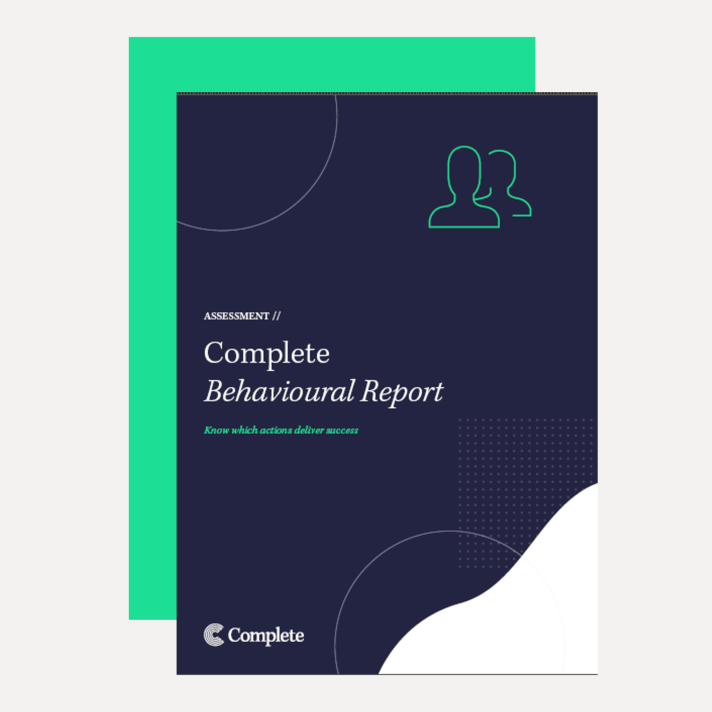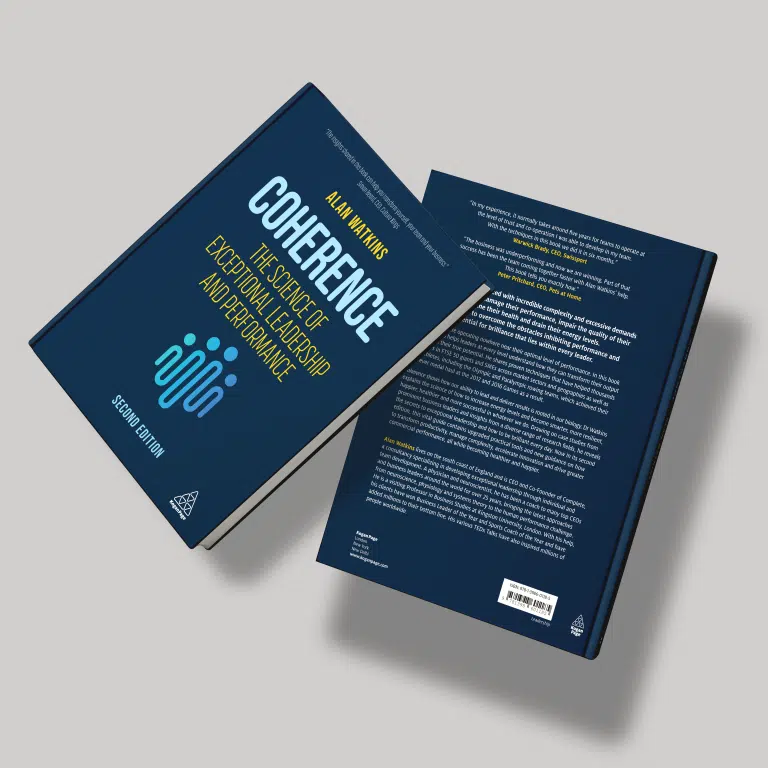A third of our lives are spent at work, so it’s hardly surprising it can be a source of stress. However, 60% of employees say their job is the biggest factor influencing their mental health. And specifically, managers are having just as much impact on people’s mental health as their spouse.
This stress carries on beyond the office and into our home lives too; 71% of employees say work negatively impacts their home life and 62% say it isn’t great for their relationships either.
This is a picture we recognise in our coaching and assessment work. From first line managers up to global CEOs, many are struggling with work-related anxiety and feeling overwhelmed. If that’s you, at any level, you’re not alone.
And, if you’re a leader, how you show up clearly impacts those you lead too. When you’re struggling to deal with the work stress in your life, your employees are likely to be impacted negatively. If you’ve noticed yourself getting more impatient, frustrated or even angry at work, you may want to check in with your own wellbeing first … before you blame others.
It’s OK to be vulnerable
It’s OK not to be OK. We are making some progress with that sentiment at work. Being open about mental health is now more encouraged in the workplace. However, it’s still not an easy thing to admit. For leaders in particular, there can be a view that vulnerability and being open about these kinds of issues is a sign of weakness. In fact, it’s the absolute opposite. It may take courage to be vulnerable, but it’s at the heart of meaningful and trusting relationships with others.
Being open and recognising that work stressors are having a negative impact on you and those around you is the critical first step towards a solution, and towards more meaningful relationships. It was something that my colleague and friend, Alan Littlefield, expressed perfectly in a recent blog from the men at Complete.
Managing work stress – step one
If you’re read this far, then you’re already committed to exploring a potential solution to work stress – either for you or those around you. That’s great news, but what next?
Negative emotions – like anger, frustration and anxiety – are not something that just happen to us, we have created them. The pounding heart, the churning stomach are all created by us. And if we create them, we can reverse them. Whatever the stressors in your workplace, you don’t have to become stressed because of them. You can choose your response. You can choose a more positive emotion.
However, first we need to bring ourselves into a calmer state to be able to make that emotional shift. The first step in controlling that feeling that things are getting out of control is to breathe. Rhythmic (not deep) breathing enables us to control our Heart Rate Variability (HRV) and that brings a more coherent, calmer state in which we can begin to control our emotions.
I hope I’ve inspired you to move towards a less stressed work life. And, if that survey I quoted at the start of this blog is anything to go by, you could be improving the stress for your work colleagues and family too!
Learn more
If you’re keen to learn more, I’d encourage you to read another recent blog of mine on the subject of breathing. There’s lots more detail there on how to breathe in the right way to manage our emotions.
You can also see how Complete coaching has been shown to reduce stress by 54% in our coaching impact white paper.
Data points from: https://www.ukg.com/resources/article/mental-health-work-managers-and-money



























